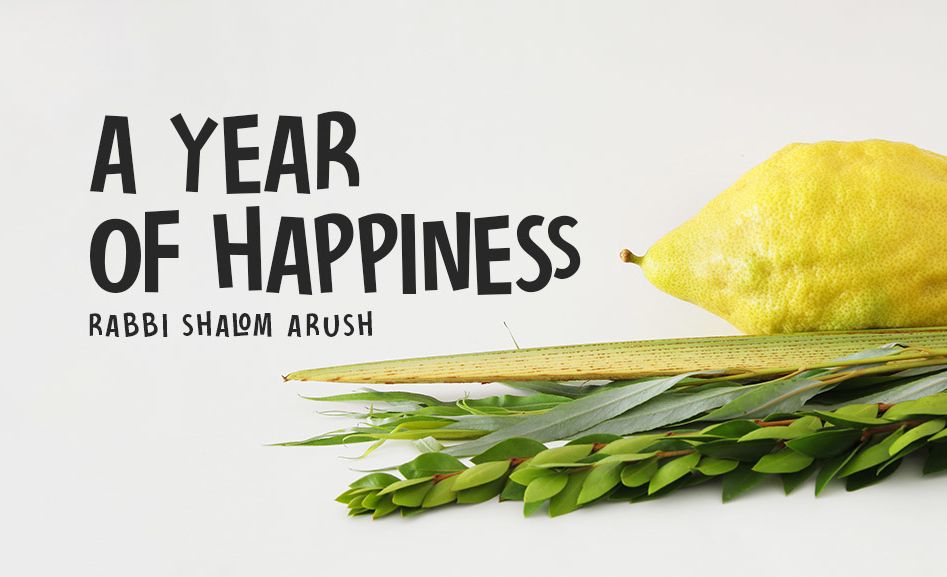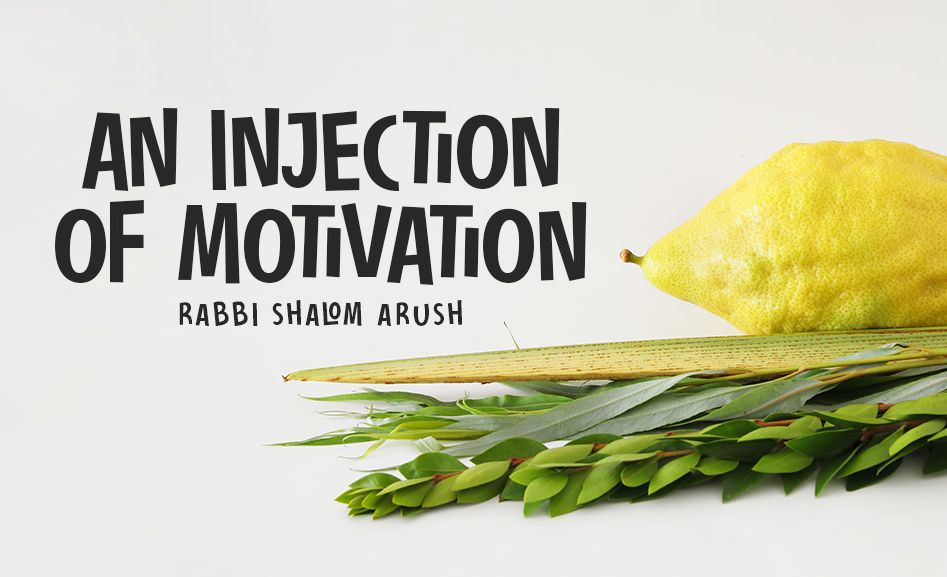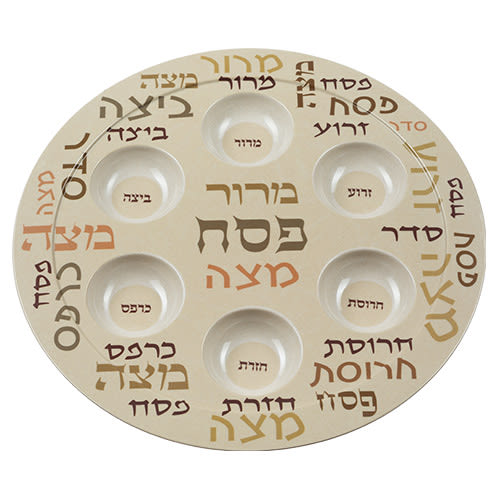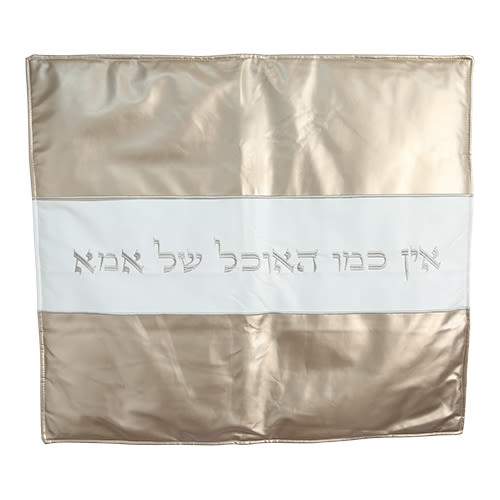
Sweet Erosion
Our sins cover our soul so that we cannot access Hashem easily. Teshuva slowly removes the grim on our souls. On Simchat Torah, we rejoice over the Torah because it is such a joy to be so close to G-d!

By the end of the High Holiday season, quite often you get a little tired. By the middle of Succot, you kind of just want to get it over with and move on with your life. I never understood why Hashem gave us so many holidays if we couldn’t keep up with them.
Until now.
It’s been a long journey. I started 10 years ago, deep in a pit of sin. Since then, I have been working on myself. Praying every day, pushing myself to the mitzvah of personal holiness, peace in the home, and living in the Land of Israel. Slowly, very slowly, the sediment I covered my soul with began to erode.
Sometimes I had moments of clarity. I felt so close to Hashem it was like we were entwined in a dance. Most of the time I felt like I was climbing up a mountain, pushing onward against a force weighing me down at every moment.
Something happened the past year. Maybe it was age, and the shock that the clock is ticking. Maybe it was health, a little discomfort in some unsettling places. I realized that I had better get serious because there is never a guarantee that I will have the time or ability to repent in that grey area called “next time.”
This became the best High Holiday season ever. Our family enjoyed every moment. We spent Succot picking eggplants and pomegranates in a farm up north, then ate them inside a big Sukkah in Hevron. The kids picked grapes, and made grape juice for Simchat Torah Kiddush. We went to the grave site of Judah the Prince, who compiled the Mishnah, and celebrated the Succot festival there. Every day we  made blessings over the four species.
made blessings over the four species.
I could feel the joy emanating from my soul. The same way we sometimes wake up and just feel bad for no explicable reason, we all woke up feeling great. Every day. We didn’t want the holiday to end. We wanted Succot to last forever.
I finally understood the meaning of Shemini Azeret, the additional festival Hashem included the day after Succot. It means, “stay a while.” Hashem said that He is so happy we are so close to Him for so long, He doesn’t want to let us go. Tishrei may be the only month where we put more into serving Hashem than we do into our “day to day” lives.
It’s like going to a wedding. The ceremony is from 5 to 10. At 9, the deserts are served. At 9:20, the band starts up for one more set. By 9:45 the place is rocking. Everybody is dancing. There is an energy, a momentum. The father of the groom quietly goes to the band leader and the head of the event hall and says, “How much to keep it going another 2 hours.” They agree on a price. Then the band leader makes the announcement to the guests.
The place goes wild and the party doesn’t end.
That’s the meaning of Simchat Torah, the rejoicing over the Torah. It is such a joy to be so close to G-d, we don’t want to leave once the music stops. G-d commands the universe to keep playing for another day.
The Divine celebration continues.
Over a lifetime of mistakes, I have learned that the soul is like a magnet. It is attracted to G-d. It desires holiness at all times. We are created to be happy, holy, and close to our Creator. Just like a magnet will attract any metal, even moving the object from its place, defying gravity just to touch it, the soul inside us attracts Hashem, Torah, and mitzvot, also breaking the laws of nature to do so.
What happens when we take a powerful magnet and put an iPhone next to it? If the phone is close enough, it will slowly drift towards the magnet until it touches it. However, there are substances that act as a magnetic shield. If you cover the magnet in a sheet of certain types of steel, the iPhone doesn’t move.
The same with our soul. As long as we keep it clean, it has a natural attraction to holiness. If we expose it to healthy eating, being a good person, and leisurely activities like walking outside, this “secular cover” doesn’t change the natural attractive qualities of our spirit. It desires holiness as always.
When we put the wrong covering over it, like eating too much, television, internet, unholy romance, cheating in business, obsession with work and career advancement, the attraction is blocked by what we cover it with.
We have to work a lot harder to get close to Hashem, and the work can feel laborious.
Repentance is slowly but surely changing our daily habits. Bit by bit, changing one small thing at a time, over our lives we dilute the layer of steel blocking the magnet. Water, over time, can wash away even the most powerful of substances. In time, a small hole is pierced. Then the power of the magnet is unleashed. A small part of our being is re-attracted to G-d. Every holiday is sweeter. Every Torah lesson becomes a fuller experience. Each word of prayer is felt throughout.
The times where we cannot wait to break away transforms into moments where we never want to let go.










